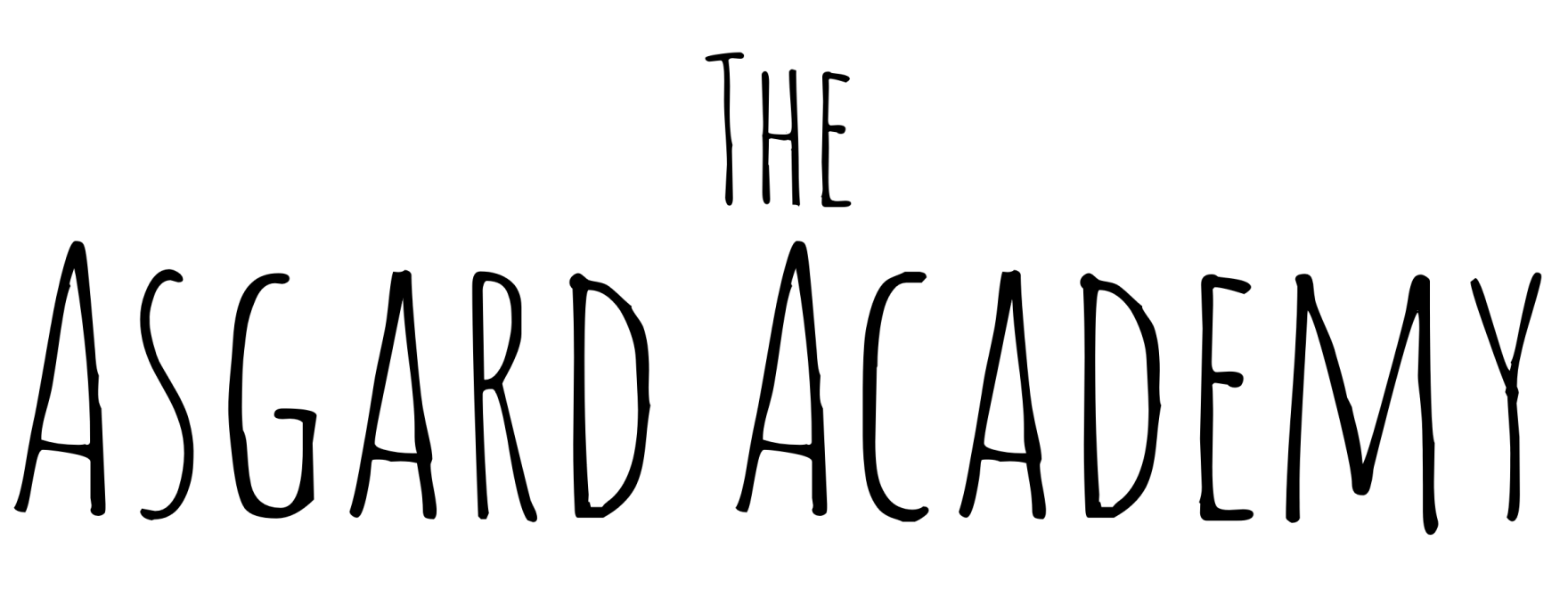We love to talk about “trusting our intuition.”
That quiet inner nudge, the goosebumps when something is right, the subtle yes that rises before we’ve even thought it through - it’s powerful, no doubt about it.
But somewhere along the way, “I feel it intuitively” can become a convenient crutch.
Instead of putting in the time to learn a skill, read the research, or practice the craft, it’s tempting to lean on intuition as the only authority. And that’s where growth quietly stalls.
Intuition and Knowledge: Two Sides of the Same Coin
True mastery - whether you’re an energy therapist, tarot reader, herbalist, or massage practitioner - lives at the intersection of study and sensitivity.
Intuition is the whisper; knowledge is the language that helps you interpret it.
When you’ve done the groundwork - studied anatomy if you’re a bodyworker, learned correspondences if you’re a herbalist - your intuition has a framework to land in. It’s like tuning a radio: the signal is always there, but the dial needs calibration.
When Intuition Becomes a Shortcut
We’ve all met the “I don’t need to learn that, I just feel it” approach.
It might sound free-spirited, but it can lead to:
- Inconsistency. Sessions or readings that vary wildly because there’s no foundation beneath the feeling.
- Missed depth. Without study, subtle patterns or historic context get overlooked.
- Shaky confidence. Ironically, the less you learn, the more you have to defend your intuition - because you can’t explain or refine it.
Effort Creates a Stronger Channel
Think of your intuition as a high-quality instrument. Training, reading, and disciplined practice keep it in tune.
- A Reiki practitioner who understands the body’s energy systems can feel subtle imbalances and explain them clearly.
- A tarot reader who studies symbolism recognises layers of meaning that intuition alone might miss.
- A herbalist who knows constituents and safety data can blend instinctively but with confidence and care.
Knowledge doesn’t dampen intuition; it amplifies it.
Using Intuition as Confirmation, Not Excuse
A healthier approach is to let intuition be the final click of alignment.
You gather the information, learn the technique, observe the evidence - then you listen inward.
If your gut feeling matches the data, you can move forward with both confidence and clarity.
If it doesn’t, you have something to question and explore, which deepens your understanding even more.
Bringing It Into Your Practice
Keep learning. Take the class, read the book, ask the mentor. Curiosity feeds intuition.
Check yourself. Before you say “I just know,” ask: Could I explain this to a student or client if they asked why?
Journal the overlap. Record moments when your inner sense matched what you later confirmed through study - proof that intuition plus knowledge is a powerful team.
Intuition is a beautiful guide, but it was never meant to carry the whole journey.
Do the work. Read, practice, question, refine.
Then let that quiet inner voice confirm what your hands, heart, and mind have already built.
That’s where real wisdom - and truly trustworthy intuition - lives.


